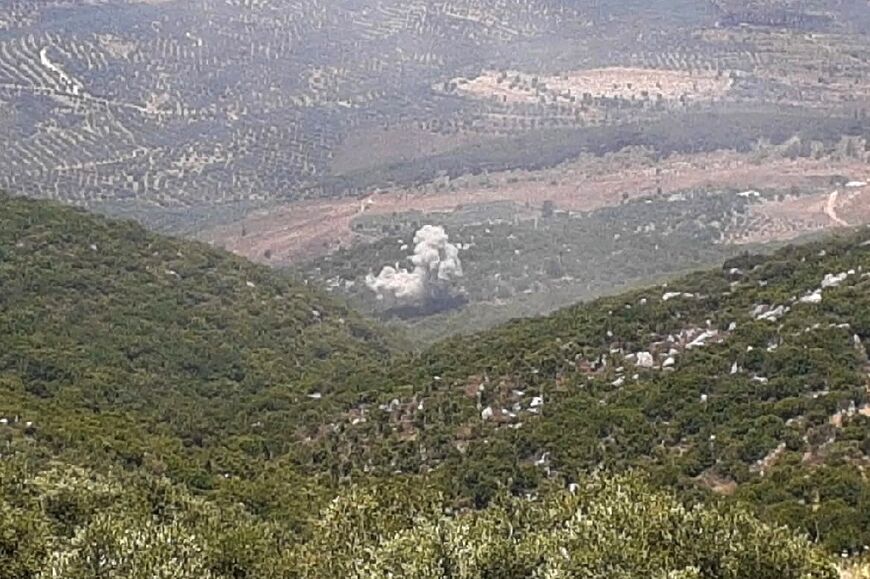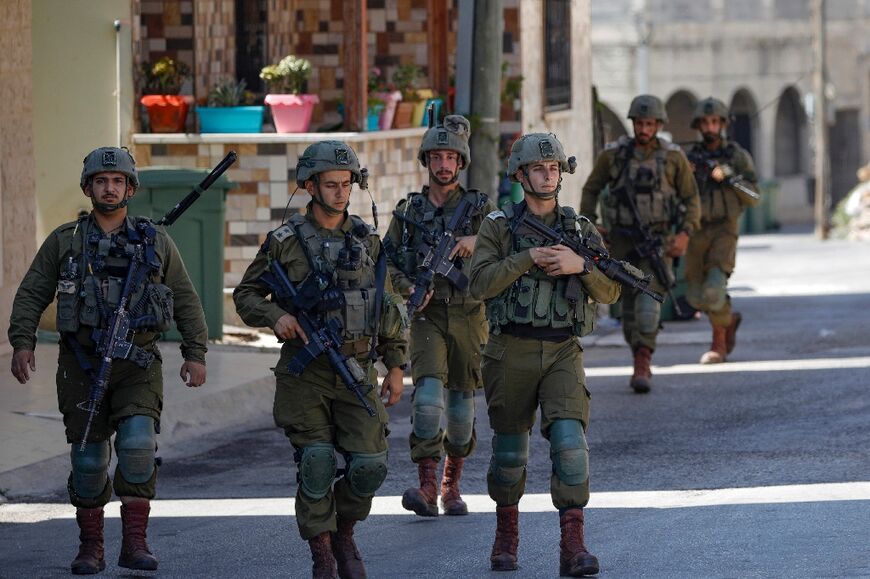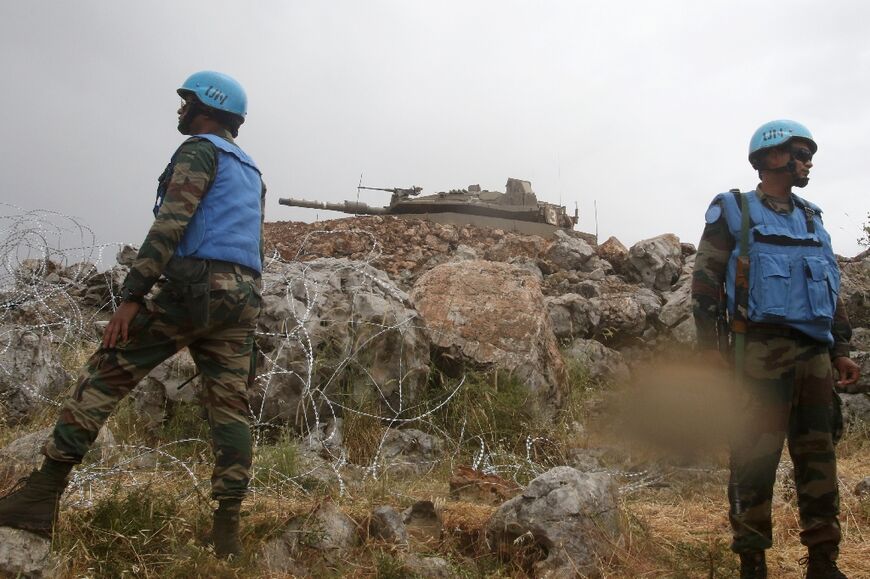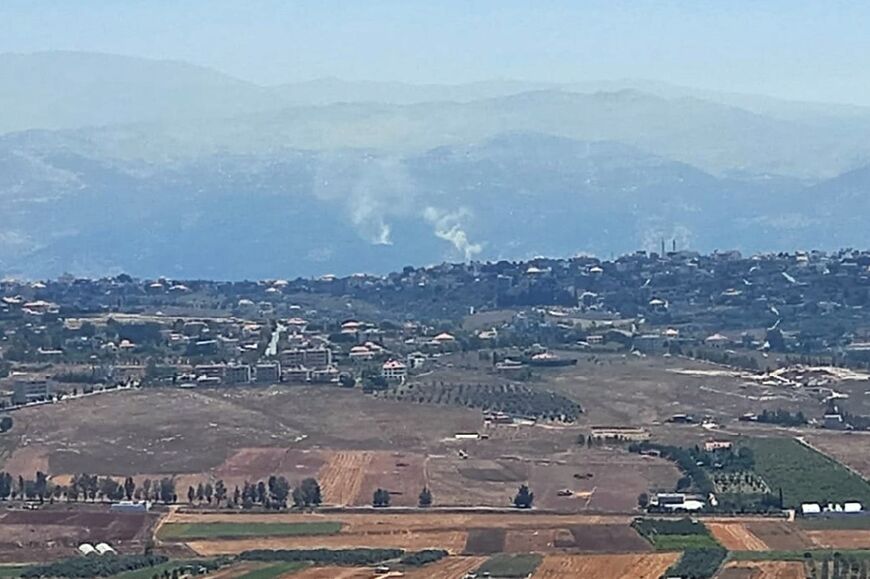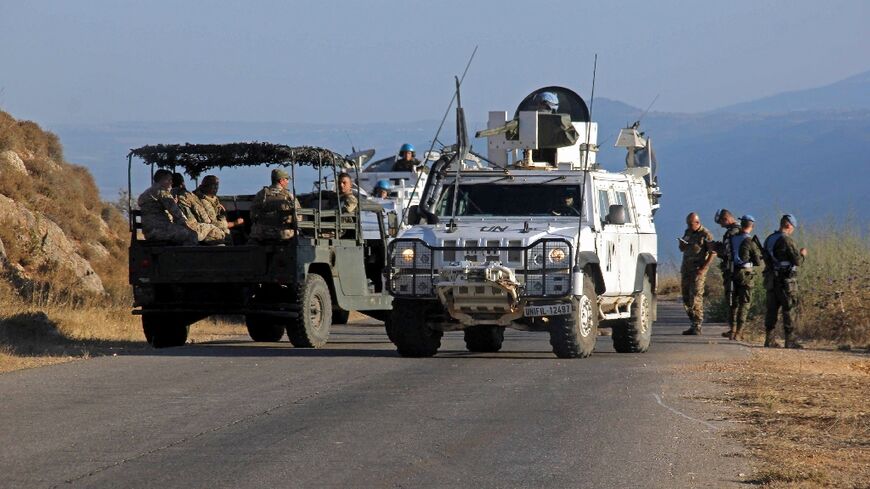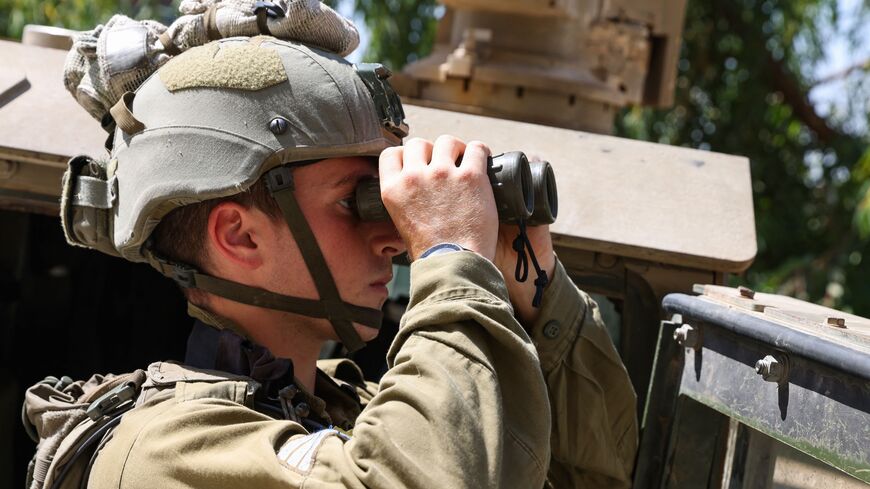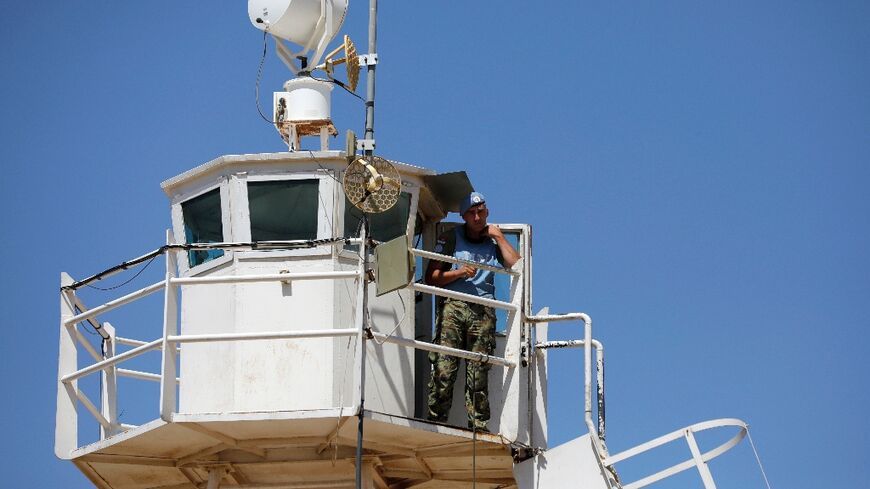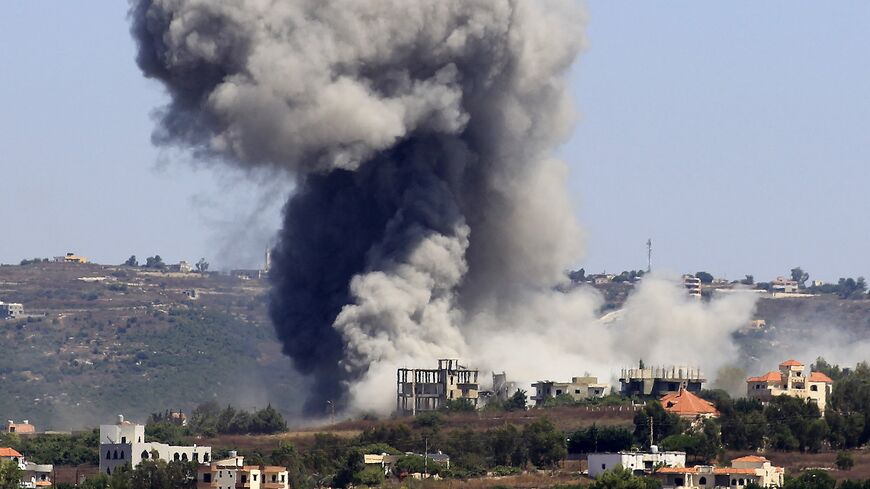Israel strikes Lebanon after mortar fire
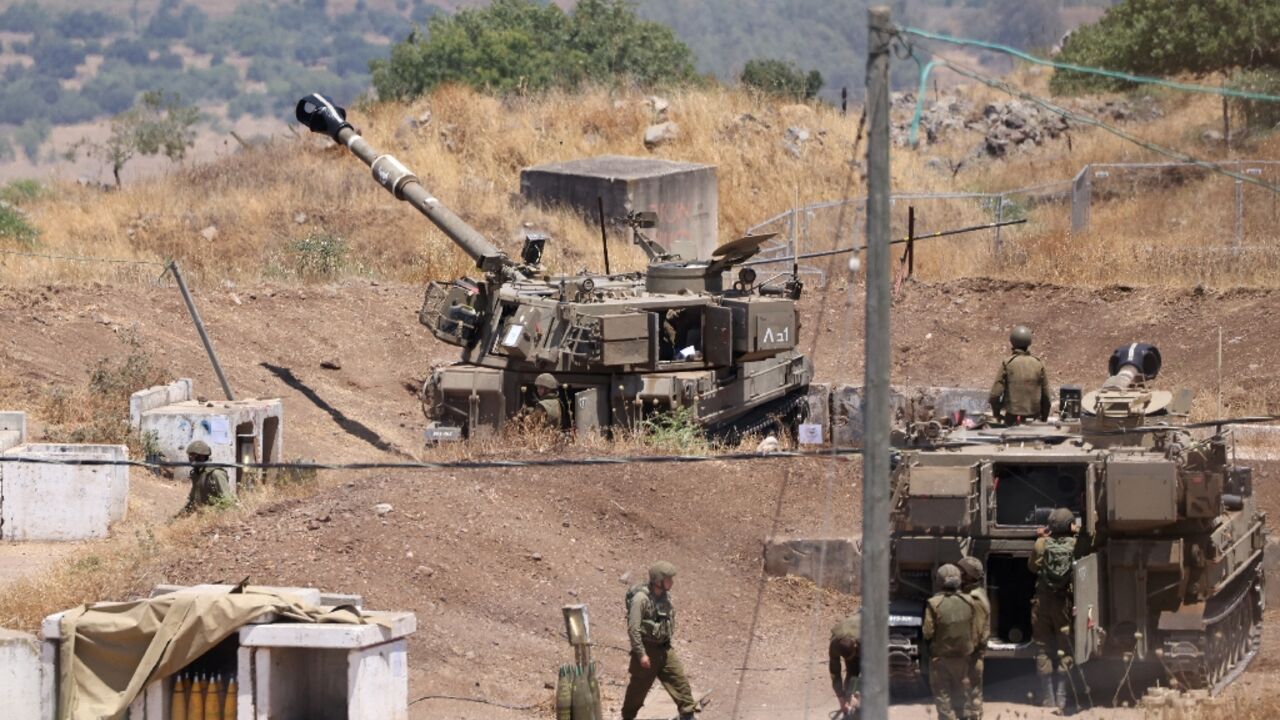
The Israeli army said Thursday it struck southern Lebanon after a mortar round launched from its northern neighbour exploded in the border area between the two foes.
The latest military action was launched three months after the two countries saw their worst cross-border fire in years.
It also comes at a time of rising tension between Israel and Arab countries after Israel carried out its biggest military operation in years in the occupied West Bank targeting the Jenin refugee camp, a densely populated urban area and militant stronghold.
"A launch was carried out from Lebanese territory which exploded adjacent to the border in Israeli territory," said a statement from the Israeli army, whose spokesman specified the projectile that hit near the town of Ghajar was from a mortar.
"In response, the IDF (Israeli military) is currently striking the area from which the launch was carried out in Lebanese territory," said an army statement shortly before midday (0900 GMT).
A spokesman for the town of Ghajar, Bilal al-Khatib, said the projectile struck "close to homes and, if it wasn't for God's kindness, it would have hit people".
Lebanon's official National News Agency said Israel had subsequently fired "more than 15 artillery shells", which hit around the communities of Kfar Chouba and Halta.
The two countries are still technically at war, and peacekeepers from the United Nations Interim Force in Lebanon patrol the border between them.
UNIFIL commander Major General Aroldo Lazaro was working with the Israeli and Lebanese authorities "to prevent further escalation", the peacekeeping body said in a statement, calling on "everyone to exercise restraint".
- Border town dispute -
Earlier on Thursday, Lebanon's armed Hezbollah movement had denounced Israel for building a concrete wall around Ghajar.
The Iran-backed Shiite group called on the Lebanese state to take action to "prevent the consolidation of this occupation" by Israel of Ghajar, home to around 3,000 people.
Hezbollah denounced Israel for the erection of "a barbed wire fence and the construction of a concrete wall around the entire locality".
The so-called Blue Line cuts through Ghajar, formally placing its northern part in Lebanon and its southern part in the Israeli-occupied and annexed Golan Heights.
The town's spokesman said residents had built the barrier themselves, not the Israeli military. "It's to protect our lands and our children from wild animals," Khatib told AFP.
The residents of Ghajar have been granted Israeli citizenship rights, and Israel has recently opened the town, long a military zone, to tourism.
Hezbollah charged that Israel had now "completely imposed their force on the Lebanese, occupied parts of the town and submitted it to its administration, in parallel with the opening of the town to tourists".
An AFP correspondent on the Lebanese side of the border near Ghajar reported a large security deployment by the UN peacekeeping body.
Ghajar residents were, however, moving around normally as the Israeli shelling hit open land away from residential areas, the correspondent said.
- Rockets and drones -
Thursday's cross-border fire follows Israel bombarding Lebanon in April, in response to the heaviest rocket fire from Lebanon since Israel's 2006 war with Hezbollah.
UNIFIL, which was established in 1978, was beefed up in response to that 34-day conflict.
Last month, Hezbollah said it shot down an Israeli drone that had flown into Lebanon's southern airspace.
Israeli warplanes and drones regularly violate Lebanon's airspace, while the powerful Shiite movement for years has been sending drones towards Israel.
Weeks earlier Hezbollah had put on a display of military might, with mock cross-border raids into Israel a few kilometres (miles) from the border.
Thursday's strikes on Lebanon come a day after Israel hit militant targets in the Gaza Strip, in response to rocket fire from the coastal Palestinian territory.
It came after the two-day raid on Jenin that killed 12 Palestinians and one Israeli soldier.
Israeli forces launched drone strikes and employed an army bulldozer to rip up streets in Jenin's refugee camp, prompting at least 3,000 residents to flee.
Israel has occupied the West Bank since the 1967 Six-Day War and has imposed a crippling blockade on Gaza since 2007, when the militant group Hamas took power.
burs-rsc-jd/jsa
